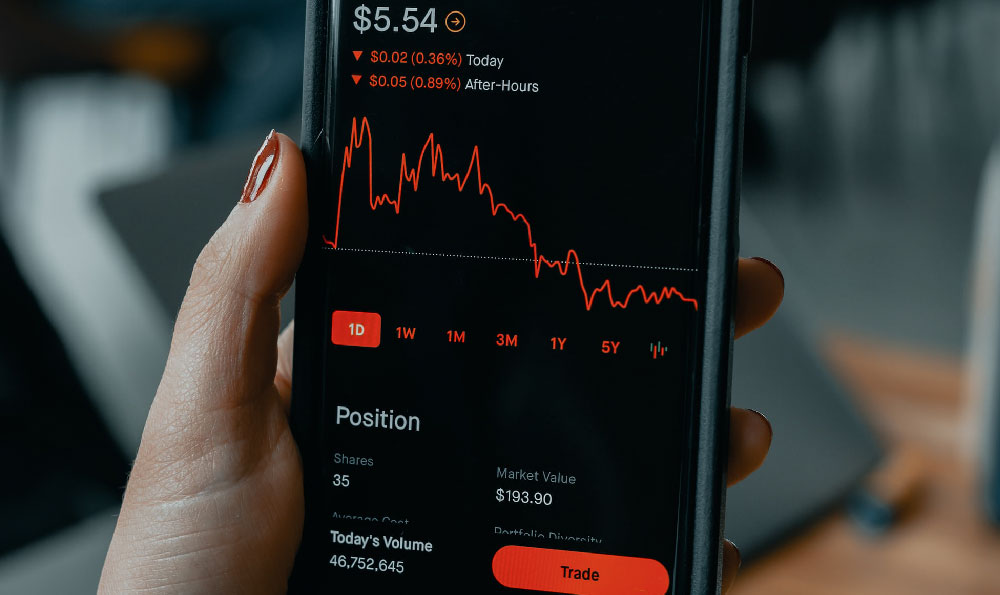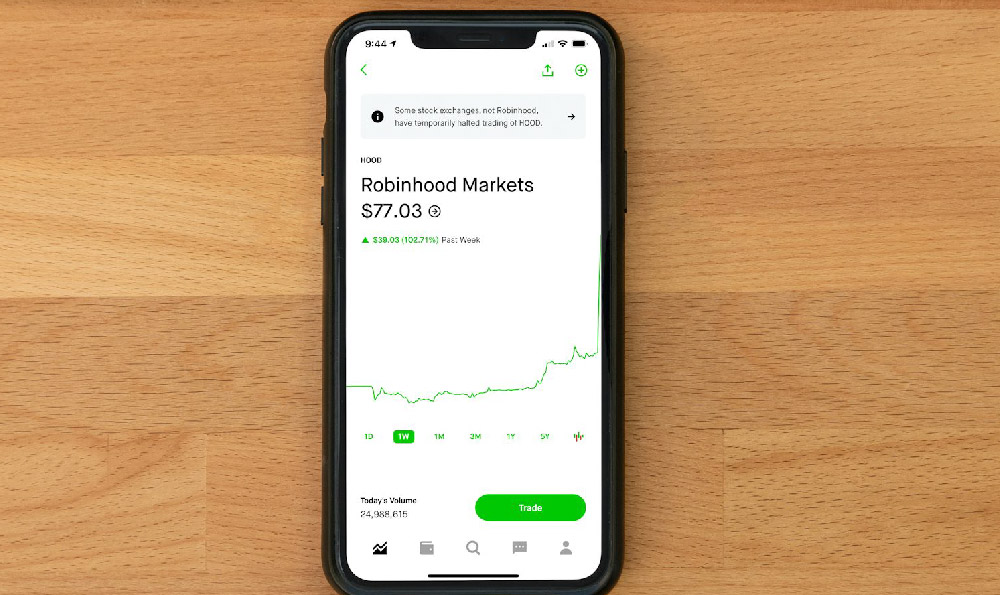Okay, I understand. Here's an article addressing the question of part-time work and unemployment benefits, avoiding the explicitly forbidden elements and aiming for comprehensive coverage:
The question of whether you can engage in part-time employment while receiving unemployment benefits is a common one, fraught with nuances and varying considerably depending on the specific jurisdiction. The answer isn't a simple yes or no; it hinges on a complex interplay of factors, primarily involving your earnings, the hours you work, and the specific rules established by the unemployment insurance agency in your state or country.
Unemployment benefits are generally designed to provide temporary financial assistance to individuals who have lost their jobs through no fault of their own and are actively seeking full-time employment. The core principle is to bridge the gap between jobs, providing a safety net while individuals search for new opportunities that match their skills and experience. This intention is why most unemployment insurance programs have built-in mechanisms to account for situations where recipients find part-time work.

The most critical factor influencing eligibility when working part-time is the amount of income you earn. Most unemployment insurance systems allow for some level of earnings without completely disqualifying you from receiving benefits. However, this permissible amount varies widely. Typically, there's a threshold – often a percentage of your weekly benefit amount – that you can earn without impacting your unemployment payments. Exceeding this threshold will typically lead to a reduction in your benefits, and surpassing a higher threshold might disqualify you altogether for that week.
To illustrate, imagine you're receiving $400 per week in unemployment benefits. Your state might allow you to earn up to 50% of your benefit amount, which would be $200, without reducing your unemployment payment. If you earn $150 in a week, you'd likely still receive the full $400 in benefits. However, if you earn $250, your unemployment benefit might be reduced by the amount exceeding the threshold. In this case, you might only receive $350 in unemployment for that week (calculated as the original $400 minus the $50 exceeding the allowed threshold). If you earn more than your weekly benefit amount, you'll probably not get anything from unemployment for that specific week.
Beyond income, the number of hours you work can also be a significant factor. Some states or countries have limitations on the number of hours you can work per week while still remaining eligible for benefits. Working too many hours can be interpreted as being no longer actively seeking full-time employment, thus jeopardizing your eligibility. The precise number of hours that triggers disqualification differs depending on the jurisdiction, so it’s essential to consult the regulations in your specific location. It is also conceivable that the pay you receive could be independent from the number of hours you have worked. In this case, it would be the pay that is the deciding factor, not the hours.
Another crucial aspect is the nature of the part-time work itself. Some jurisdictions may have specific rules regarding self-employment income. If you're operating your own business on a part-time basis, the income you derive from that business might be treated differently than wages earned as an employee. Detailed reporting of all income, regardless of its source, is crucial to avoid potential penalties or legal issues. Furthermore, make sure that you are correctly and accurately reporting the income you receive. Making errors (whether deliberately or not) may result in legal issues.
Actively seeking full-time employment is almost universally a requirement for receiving unemployment benefits, even when working part-time. This means you need to be documenting your job search activities, such as submitting applications, attending interviews, and networking with potential employers. Maintaining a record of your job search efforts is essential, as unemployment agencies often require proof of ongoing efforts to find suitable full-time work. Some may even require evidence of seeking employment that matches the income that you were earning prior to being unemployed.
Transparency is paramount. Always report your part-time earnings and hours worked to the unemployment insurance agency accurately and promptly. Failure to do so can be considered fraud, leading to severe penalties, including repayment of benefits received and potential legal charges. The systems that run the unemployment funds often have ways to see who is earning what, and when. It is easier than ever for them to catch those who attempt to cheat the system.
Finally, and perhaps most importantly, consult the specific rules and regulations of your state or country's unemployment insurance agency. These rules are subject to change, and understanding the current requirements is vital to ensure compliance and avoid any unintended consequences. Many unemployment agencies have websites with detailed information, FAQs, and contact information for assistance. Utilizing these resources can help you navigate the complexities of working part-time while receiving unemployment benefits and ensure you are acting within the bounds of the law. It would also be prudent to seek counsel from a qualified professional who can provide guidance as to the best course of action to take.












